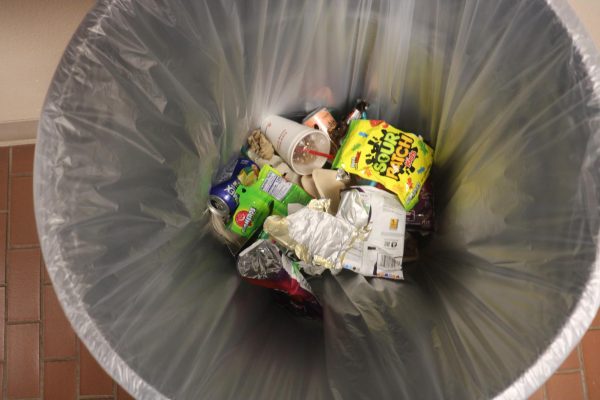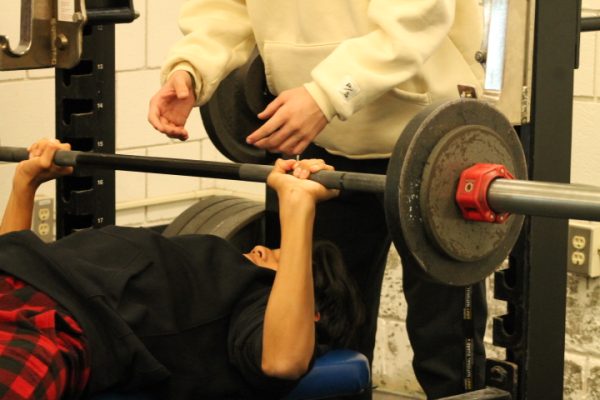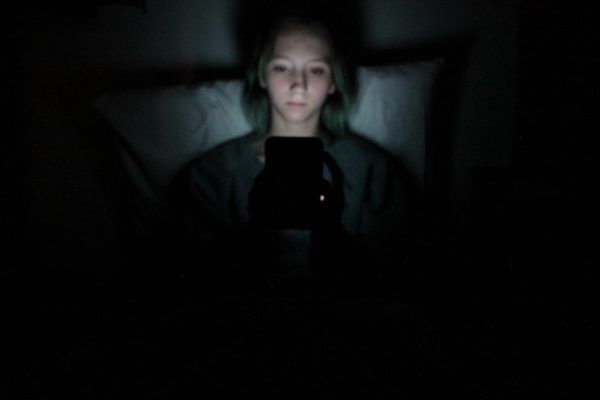The Stress of Becoming a Bruin
Freshmen face difficulty in integrating into Creek
Between finding their way around school, keeping track of homework, and maintaining social lives, many freshmen say they are plunged into a world of stress when they enter Creek.
November 8, 2022
Creek is one of the most academically competitive schools in the country, and every single student faces countless challenges. It could be homework, mental health, or extracurriculars, but students can always find a way to challenge themselves, whether voluntarily or involuntarily. That stress especially affects freshmen, who get shocked with the sudden tidal wave of homework and commitment.
The main method that Creek has of introducing and transitioning 8th graders into high school is the freshman orientation, which took place this year on Aug. 16. The freshman orientation is the first time freshmen see their classroom and meet their teachers.
“Freshman orientation is about building a connection with these students,” Link Crew organizer and history teacher Julie Ingles said. “Making them feel like Creek is a place where they belong.”
Link Crew consists of hundreds of upperclassmen who help freshmen on their journey through high school. Creek’s Link Crew is one of many, part of the nationwide Boomerang Project, an organization started to help with major transitions between elementary to middle school and middle to high.
“The goal is that for every freshman that walks in, there’s some Link Leader they can make a connection with,” Ingles said. “To make freshmen feel like we’re like a family, and that there’s someone here who cares about them.”
But some freshmen feel orientation doesn’t always help freshmen feel better about the transition to high school.
Freshman Nelly Mazmandyan believes she would have been better off not going to the orientation. “I personally don’t believe that [orientation] was worth my time because I would have liked something a lot less rushed and more informational,” Mazmandyan said. “I still felt like a 6th grader, and the enthusiasm of the people who were leading the orientations [in the assembly] did not match the energy of the people who led us around the school.”
After the freshman orientation ended, the school year began the next day, and freshmen were plunged into the high school workload. “There’s definitely the effect of burnout after some days with a lot of homework and outside of school activities,” freshman Shruti Arun said. “There’s days where . . . I end with a club or concert and a lot of homework.”
Certain classes in middle school have just two options: honors or regular. In high school, any class might have a CP, accelerated, honors, or an AP option. Many freshmen are peer pressured into taking classes beyond what they can handle. “A few of the people I’m friends with want to transfer from CP [US History] to AP [US History],” Mazmandyan said. “Which [feels] like indirect peer pressure.”
Because there are so many clubs and classes to join throughout high school, students feel these options can be either exciting or too much. “I feel really overwhelmed with all the different clubs that I want to join but can’t with my schedule,” freshman Simon Harrison said. “[Add that] to homework and wanting to have time at home.”
When students pour time and effort into studying and working to prepare for an assessment, a bad grade brings a sinking feeling. “I [make] little mistakes here and there that I couldn’t see coming,” Harrison said. “It’s really disappointing to get a test score back you don’t think you really deserved.”
To add to the pressure of becoming Bruins, the freshman class of 2020-21 had the task of adapting to a new environment while their cries for help were being stifled by Schoology and laggy Teams meetings. Freshmen already have trouble dealing with difficult classes, but the lack of information intake through the remote learning system made the COVID freshmen unprepared for assessments and sophomore year.
For a lot of freshmen, sports and music can be a way to let off steam and have a break from unrelenting work. When those got cut off due to COVID, it piled onto the problem.
“With[out] interactive activities such as team sports and band, I didn’t get as much of an experience out of that as a freshman,” junior Cameron Kregas said.
Many students still feel the effects of the transition out of remote learning. “I find that now because of these three years of incomplete learning where I was constantly looking at a screen and doing work that I found no use for,” Mazmandyan said. “At the beginning, because of those COVID years, that seemed to cause a lot of students to un-learn how they normally did their work.”
To deal with the pressure of work, students often turn to counselors and teachers to help them. The school has resources to help people with stress, which might come from work, or from their home life. “We have tutoring lessons, we have therapists we recommend,” school psychologist Dr. Lisa Geissler said. “[You can] get involved in activities if coming to school is hard because you don’t have friends yet.”
“The administration has been doing as much as it can through all the COVID mess and freshman off campus stuff,” Harrison said. “I’m glad we have a really good principal and [administration].”
Although they often need support, freshmen sometimes have difficulty reaching out for help from teachers and counselors.
“With freshmen, the hardest part [of high school] is learning to trust and talk to the adults here,” Dr. Geissler said. “Learning to trust an adult…and finding those places that you feel safe just takes time.”
For freshmen, Dr. Geissler says, it’s all about getting the hang of things. Kregas says freshmen need a plan to know what they need to do every day, whether it be homework or extracurriculars.
“Keep working hard, stay organized, and stay on top of everything you [do],” Kregas said. “Because there’s no way you’re going to make it through [high school] if you don’t stay organized.”

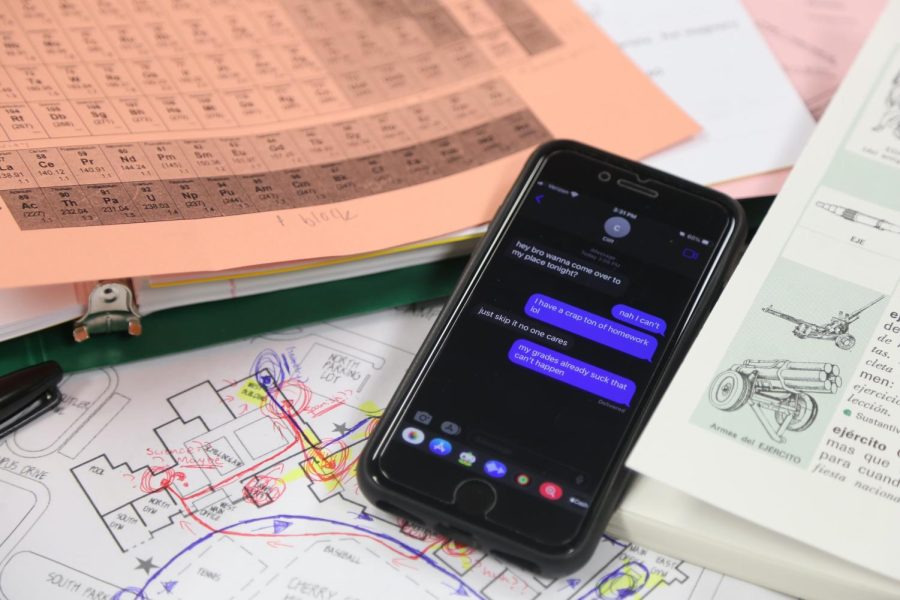
![German teacher Susanne Smith poses with her beehives. Smiths grandmother kept bees to make a living after the end of World War II. She [would go] clinking down the cobblestone streets, and she would sell honey, Smith said. So beekeeping represents my family.](https://unionstreetjournal.com/wp-content/uploads/2022/11/beekeeping-picture-356x475.jpg)
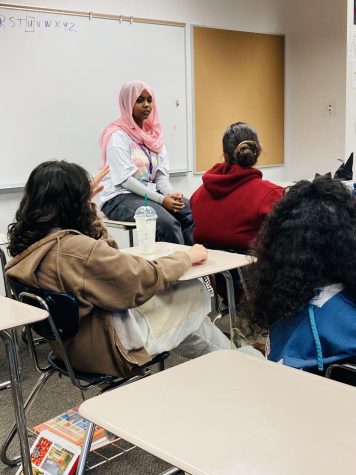
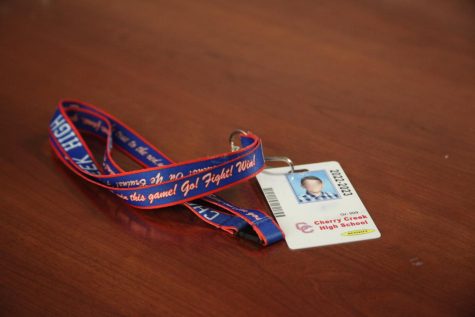
![German teacher Susanne Smith poses with her beehives. Smiths grandmother kept bees to make a living after the end of World War II. She [would go] clinking down the cobblestone streets, and she would sell honey, Smith said. So beekeeping represents my family.](https://unionstreetjournal.com/wp-content/uploads/2022/11/beekeeping-picture-300x400.jpg)
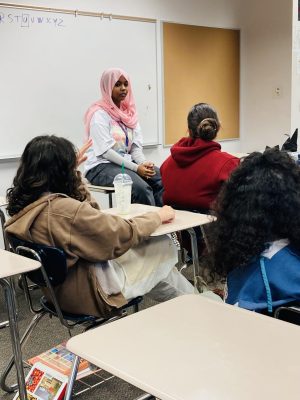
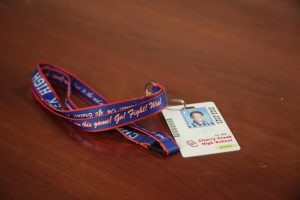


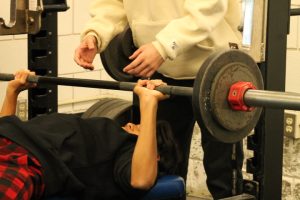

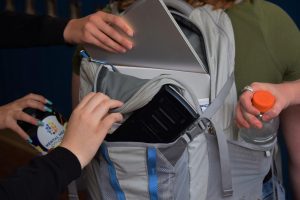
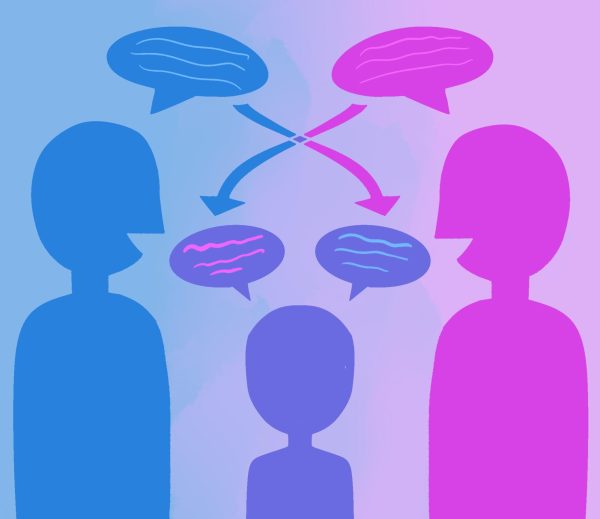
![Creek Unified, the program that promotes inclusion of those with disabilities, through team sports. “I like unified [because] I get to see my friends,” Debolt said. “And I like to play [with] all the boys.”](https://unionstreetjournal.com/wp-content/uploads/2024/04/thumbnail_WrynsEditsFINAL-email-new-keep-final-copy1-600x436.jpg)
